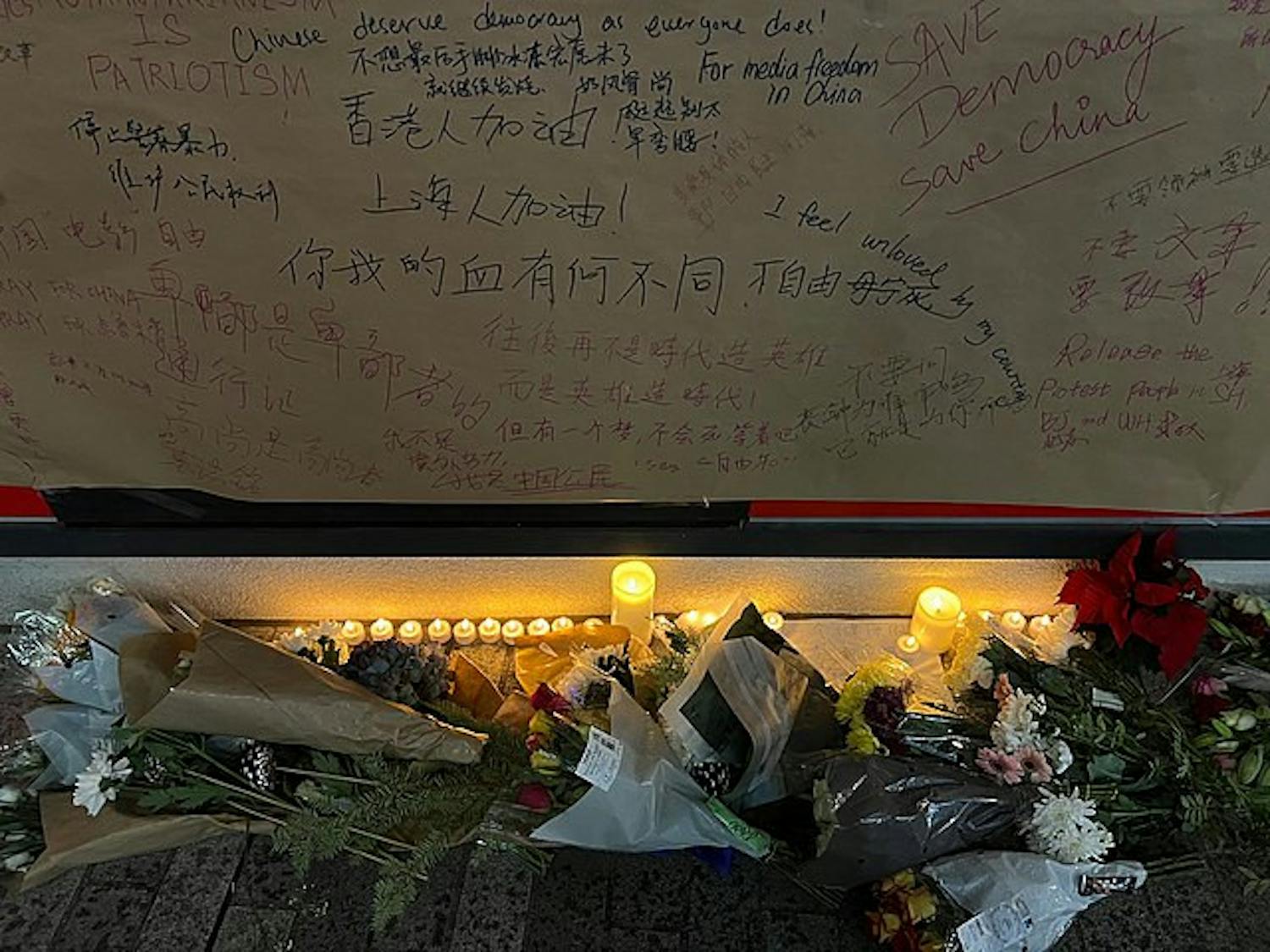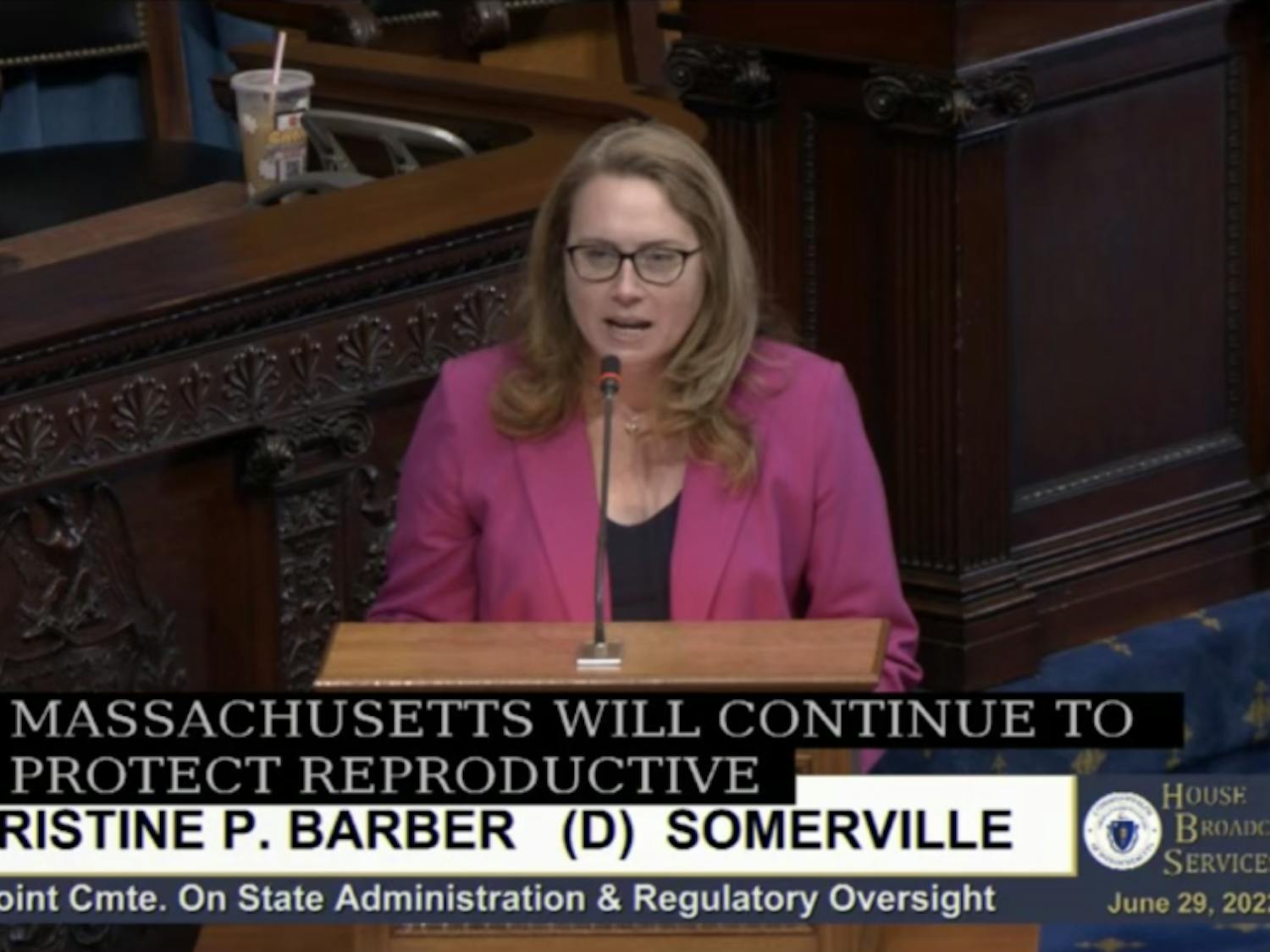Op-ed: Protests in China reveal possibilities for change
By Anonymous | December 8On Sunday, Nov. 27, a rare anti-lockdown, pro-free speech protest broke out in Beijing. Demonstrators crowded the Liangmaqiao diplomatic district, holding up pieces of blank, white paper to show their opposition to China’s draconian zero-COVID policy. Protests also broke out in other major Chinese cities such as Shanghai, Guangzhou and Chengdu following a fire in Urumqi, the capital of Xinjiang, where at least 10 lives were lost due to COVID-19-related “barricades and locked doors” that slowed down the fire evacuation.









